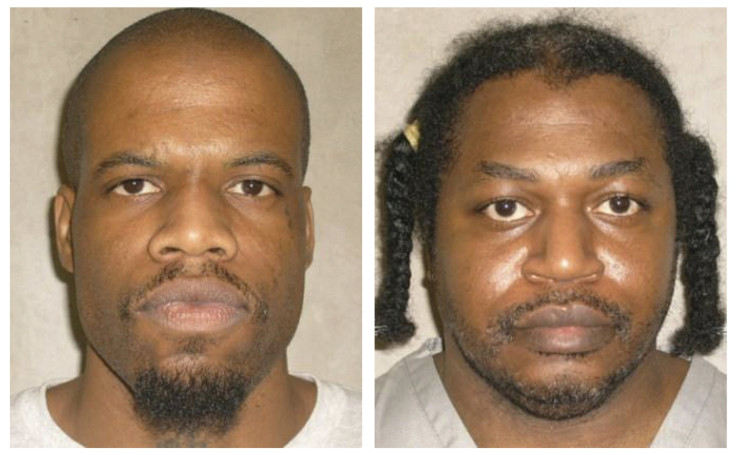Officials Used Wrong Drug In Execution Of Convicted Killer In Oklahoma: Report

Oklahoma Corrections Department officials violated protocol when they used the wrong drug to execute a convicted killer in January, according to records found by the Oklahoman newspaper. While potassium chloride was supposed to be used to stop Charles Frederick Warner’s heart, corrections officials used bottles labeled potassium acetate, the newspaper reported Thursday.
Warner was the first prisoner to be executed in Oklahoma since the botched execution of Clayton Lockett in April 2014. Lockett died 43 minutes after being given the first in a series of execution drugs, the Guardian reported. He groaned and writhed off the gurney during his execution, causing state officials to stay executions until they could figure out what went wrong.
Potassium acetate was purchased for the scheduled execution of Richard Glossip, who had his execution stayed Sept. 30 because of the mix-up. Oklahoma Gov. Mary Fallin delayed the execution until November to see if the state could use potassium acetate for lethal injection, CBS News reported.
When Warner was executed, he did not writhe and groan like Locket, but he could be heard saying “my body is on fire,” according to the Huffington Post. Warner was given the death penalty after being convicted of killing his roommate’s baby daughter in 1997 in Oklahoma City.
Robert Patton, Corrections Department director, declined to comment on Warner’s execution to the Oklahoman. Fallin said she would support an investigation of Warner’s death.
For the Supreme Court justices, death penalty cases are personal http://t.co/Zdp6H8wy8P pic.twitter.com/7YTfWJU3sK
— Bloomberg Business (@business) October 7, 2015
Because of Lockett’s botched execution and Glossip’s case being heard before the U.S. Supreme Court, Oklahoma’s death penalty policies have come under national scrutiny. The Supreme Court ruled in June that the use of the three-drug injection method was not cruel and unusual punishment, making the procedure constitutional. The court was split 5-4 on the decision, and Justice Stephen Breyer invited anyone to bring the death penalty’s constitutionality before the court.
© Copyright IBTimes 2024. All rights reserved.




















